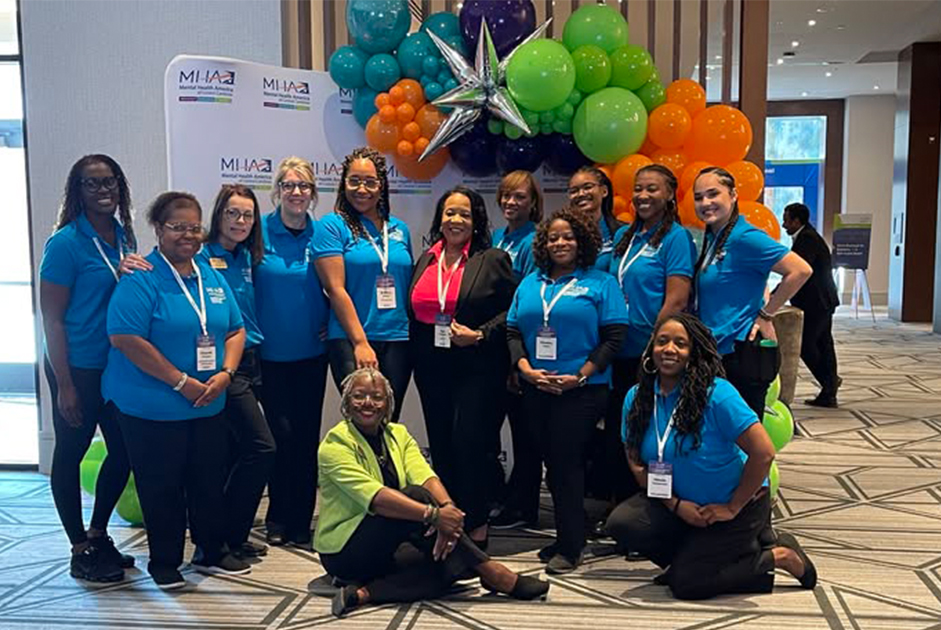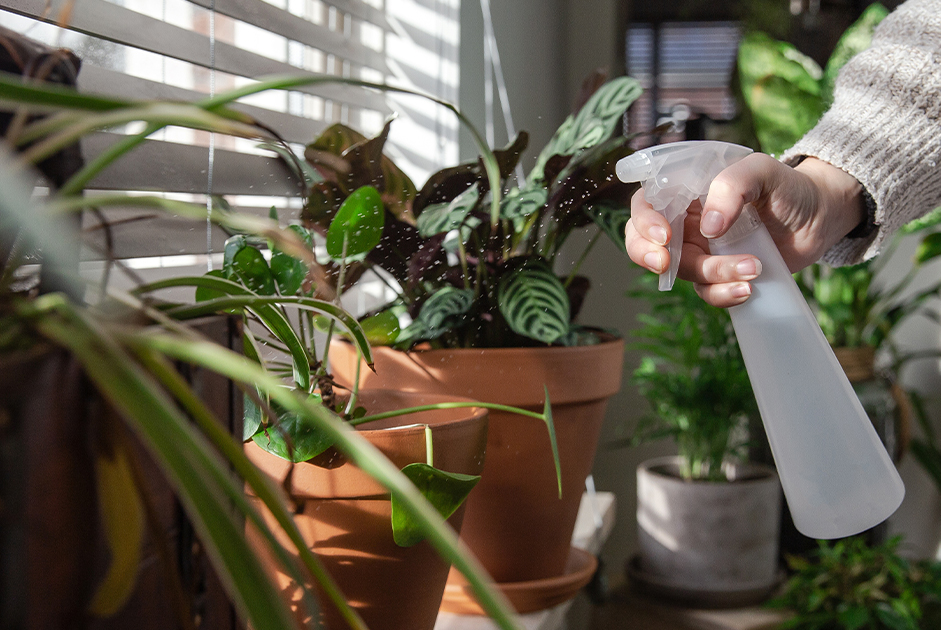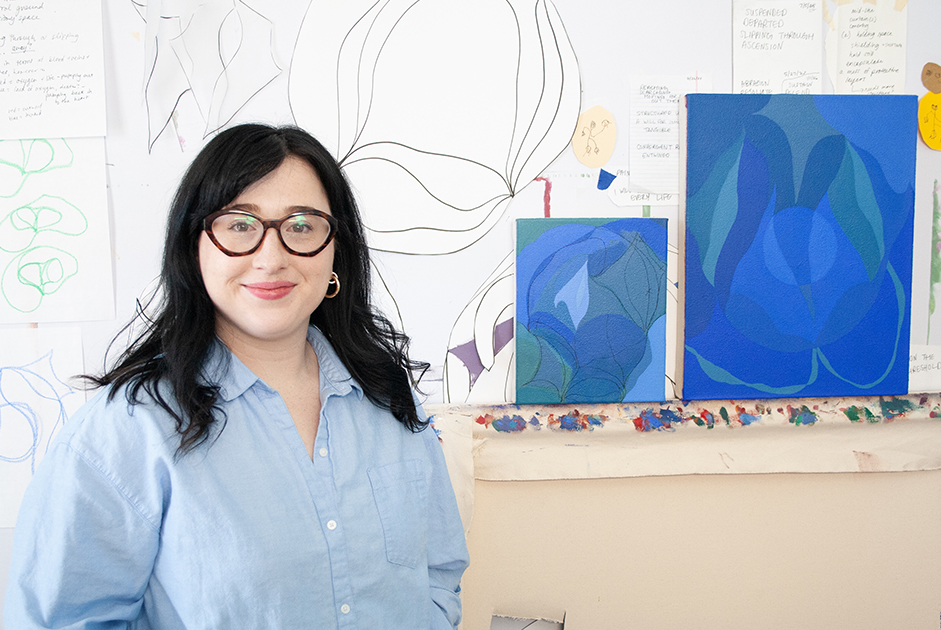When we were told that it would be best to operate, the hospital stay could be a week, recuperation at least a month and that post-op tests would determine “next steps,” my heart sank for my dear man who would have to endure yet another health setback. And then, another raw truth emerged – I was feeling very anxious about what might lie ahead for him, for both of us. Having had enough experience with “bad news,” I knew that to sit with fear and uncertainty was the best course of action for this here-and-now moment. Once the reality of the surgeon’s words had fully sunk in, I recalled our COVID ordeal, reminding myself that day by day, week by week, month by month, we got through it.
We got through it.
A few months after Dean had recovered from the worst impacts of his COVID nightmare, I snapped a photo of him in a neighbor’s driveway. Backlit by the sun of a warm May morning and decked out in a straw hat and sandals, he smiled at the camera as he held a tray of gifted spring plants that would soon be rehomed in our backyard. I treasure that photo because it says everything I need to be reminded of about the fact that we do get through it. It made me think about how many times in the course of our lives we get through things that rattle our spirits, devastate our hearts and try every last emotional and material resource we can muster. But, we do.
Facing a new and scary health challenge ahead, I reflected on several key lessons I learned – as a loving caregiver – during Dean’s COVID nightmare:
Take it one day, one challenge at a time. Some personalities – like mine – focus on all of the “what ifs” and get ahead of themselves – which can induce greater fear and anxiety. Curb this by focusing on what you need to do right now to support your loved one on his or her journey.
Accept that you can’t know everything; just do the best that you can. I was thrown into a world of case managers, OTs and PTs, and medical lingo that was foreign to me. Be patient with your own learning curve.
Ask for and accept help. Many of us have issues about being on the receiving end of help. You know who really cares and who will truly want to help you. At another time, they will need your help, and you will be there for them; our experience tells us that’s how it works.
Ask lots of questions and carry around a dedicated notebook for medical visits and calls. My notebook was my crutch and my support from Day One. It allowed me to capture key conversations, terminology and instructions, and was a record I referred to many times.
Accept that life as you know it will be upended for a while. Yes, it’s another Achilles Heel of which to be aware. Your house won’t be spic and span, the laundry will pile up, dinner may be ad hoc at best and Book Club will be canceled indefinitely. Give perfection the heave ho for once. Lean into being adaptable and flexible, knowing that this upheaval to your reliable norm is temporary.
Stay connected. Now, more than ever, you need the continuity of comfort that comes from family and friends who love you. Allow them to be there for you emotionally. Many have been through their own major challenges and will empathize wholeheartedly with your situation, even if the details are quite different.
Love yourself through all of it. Only you know what this means for you. It could be your religious practice, meditation, working out, walking, reading poetry or taking those long warm baths. Whatever it is, squeeze in some time so that you have what you need to be there for your loved one.
We’ll get through this. And so will you.




















